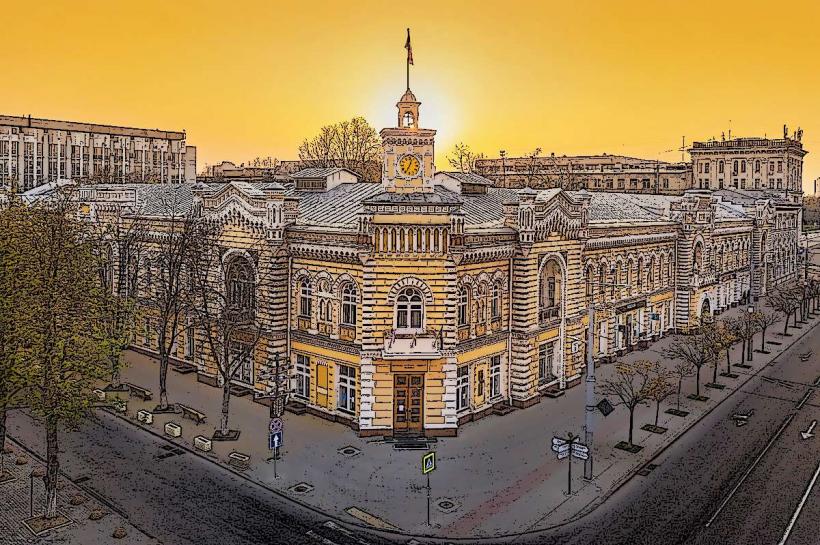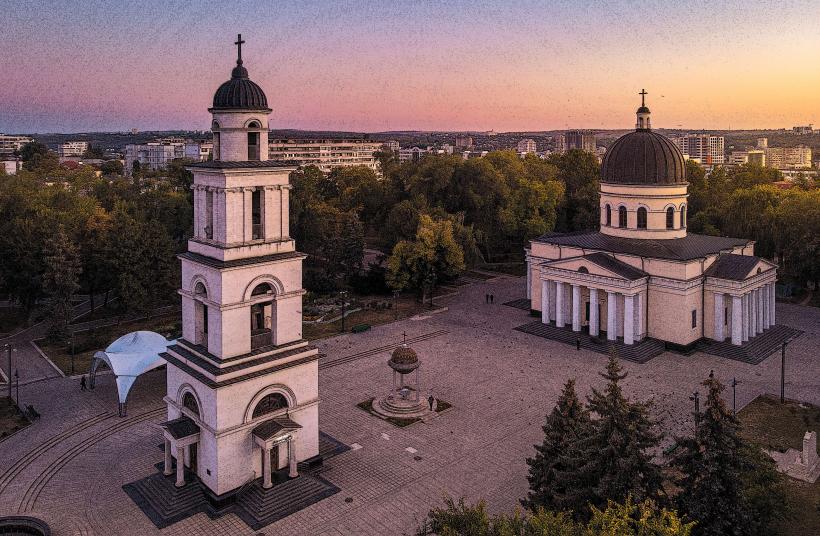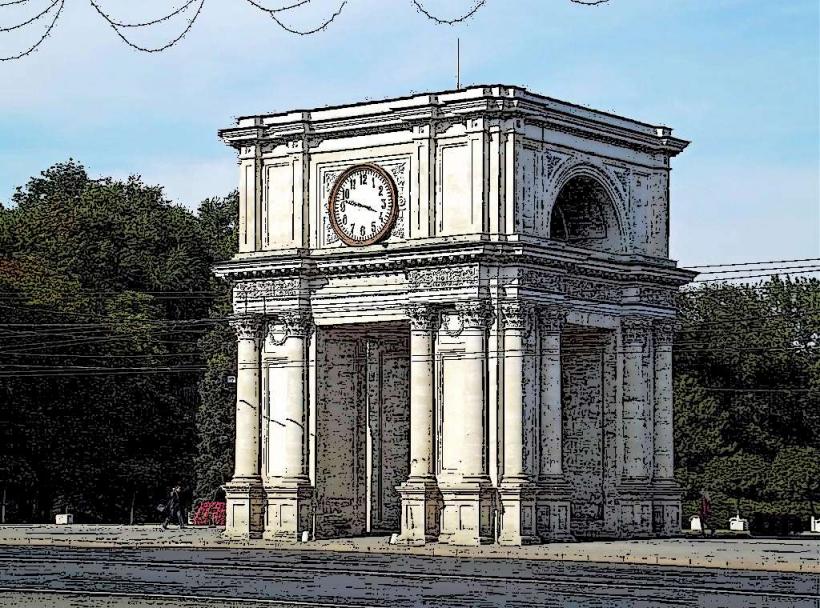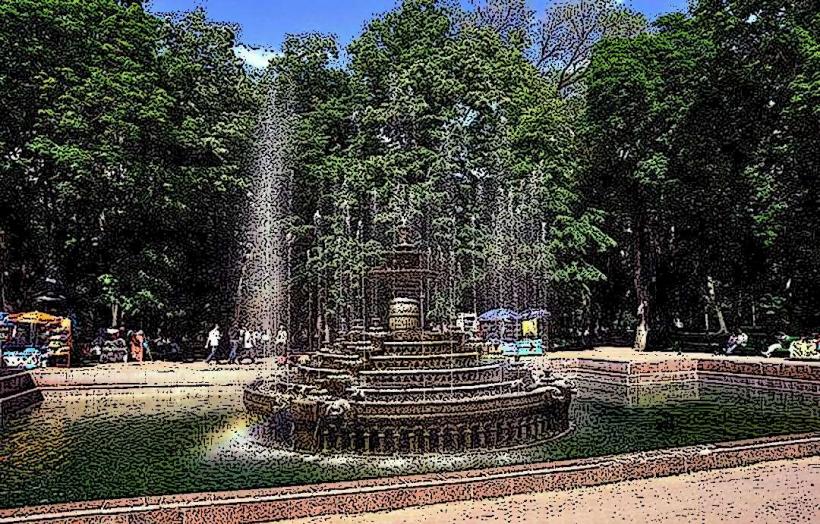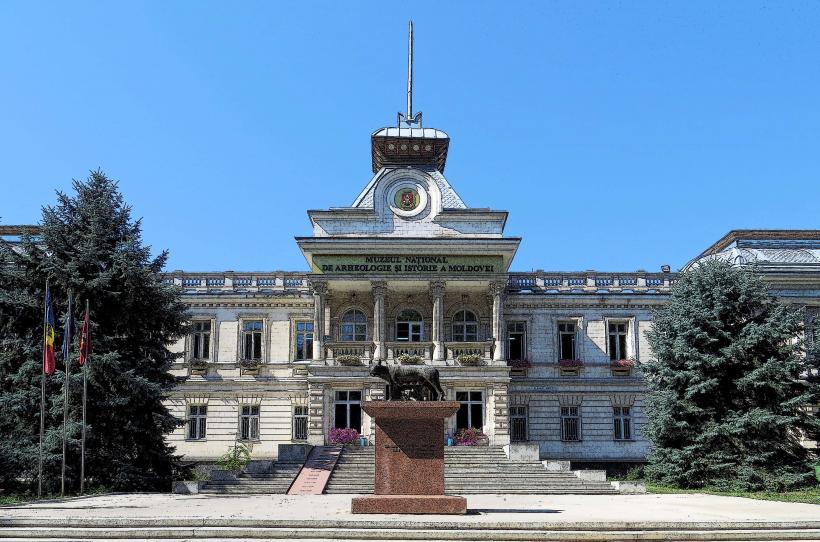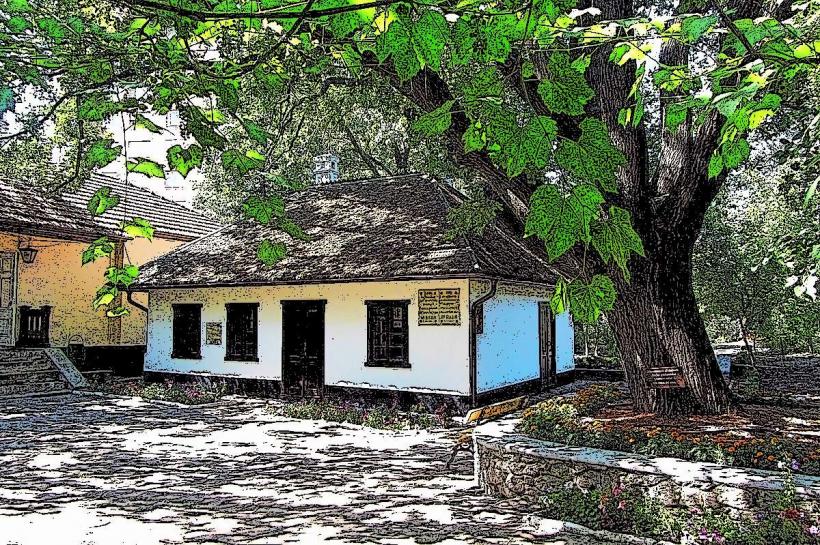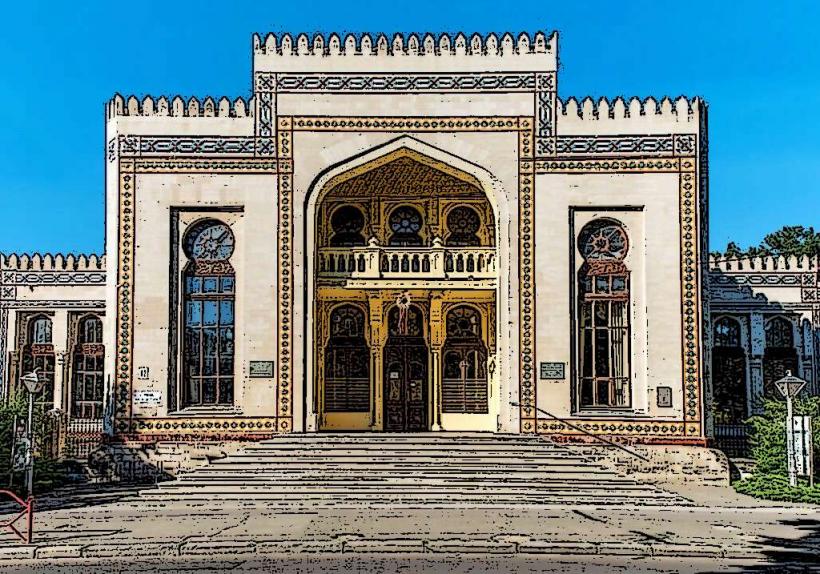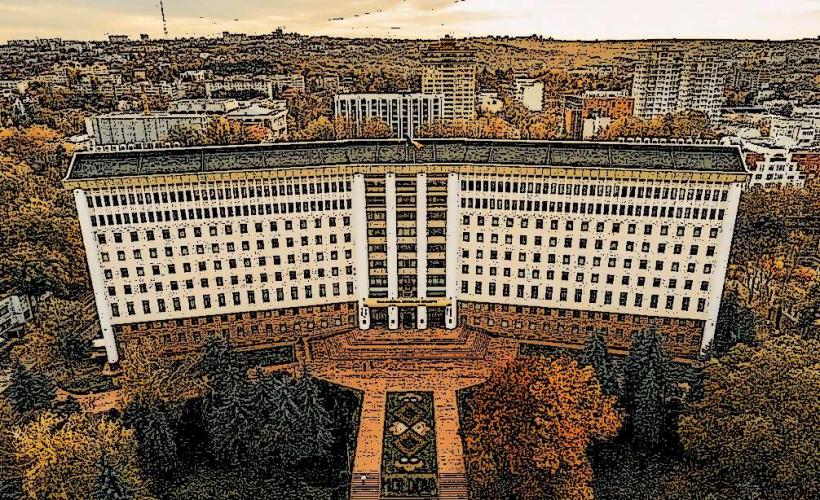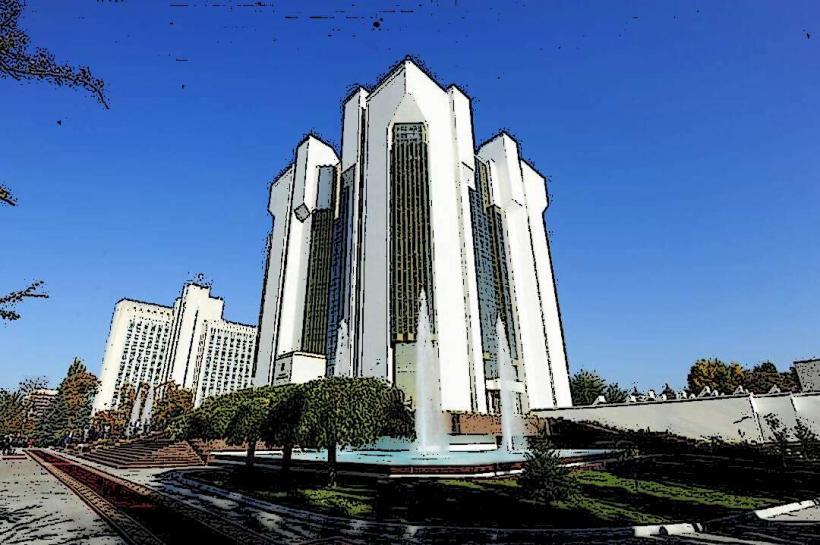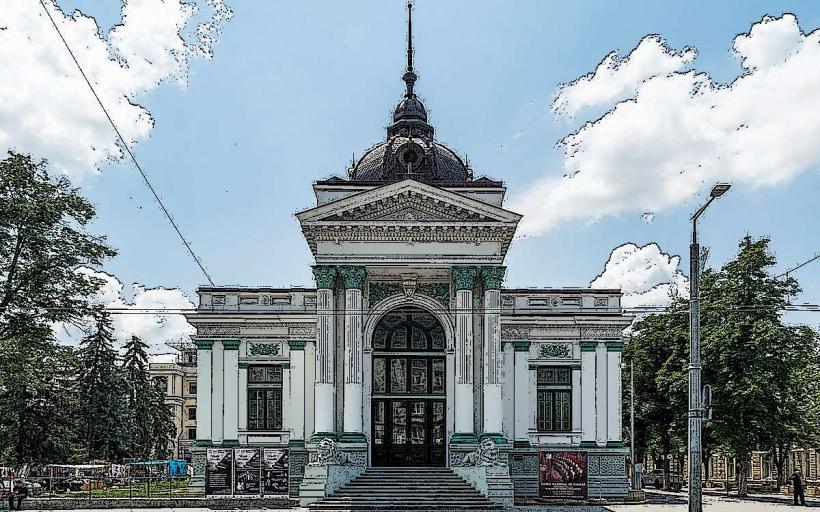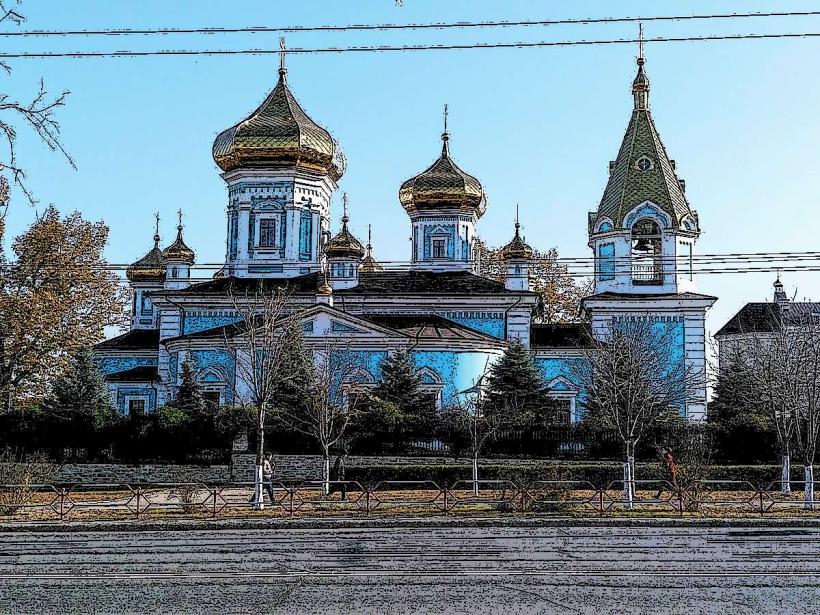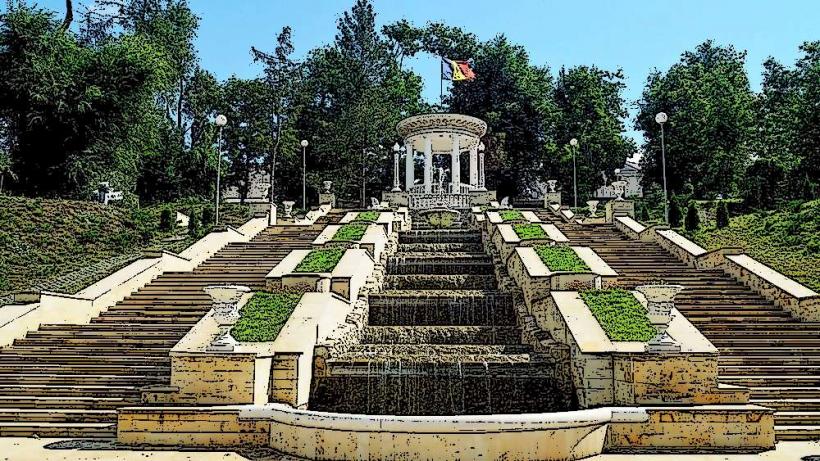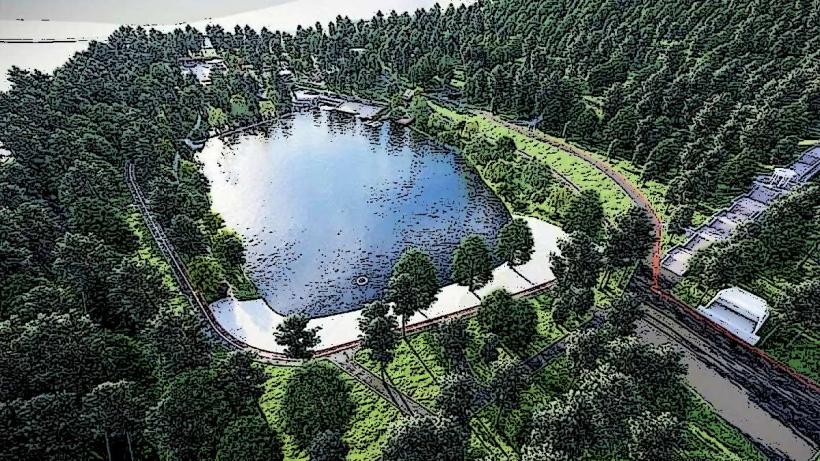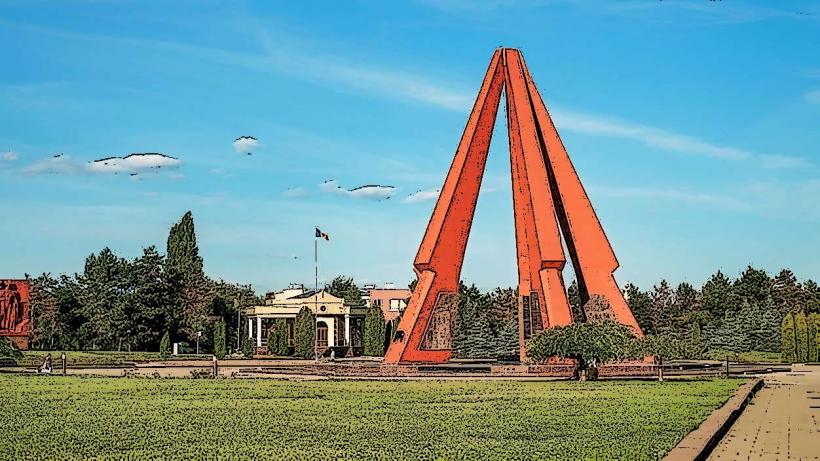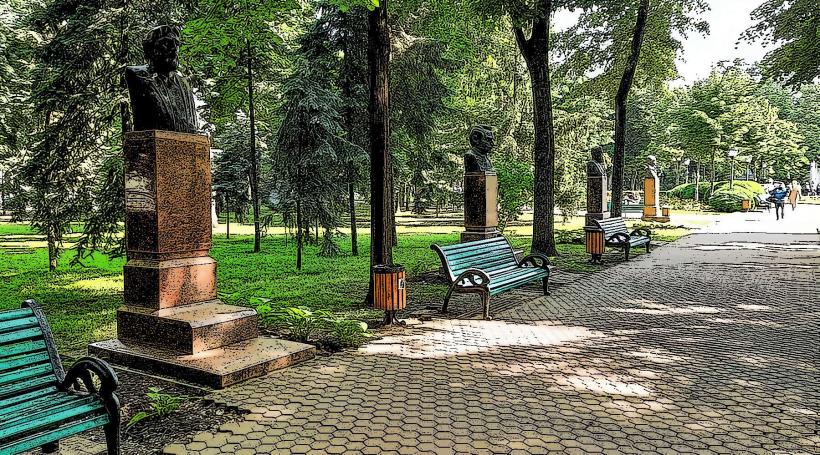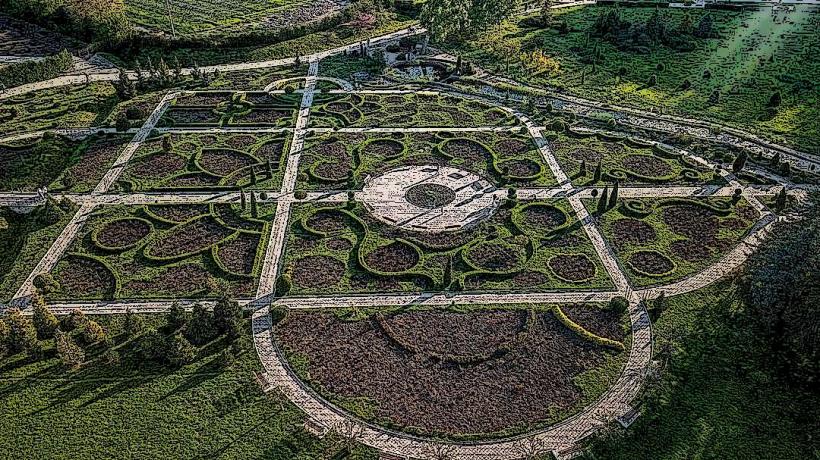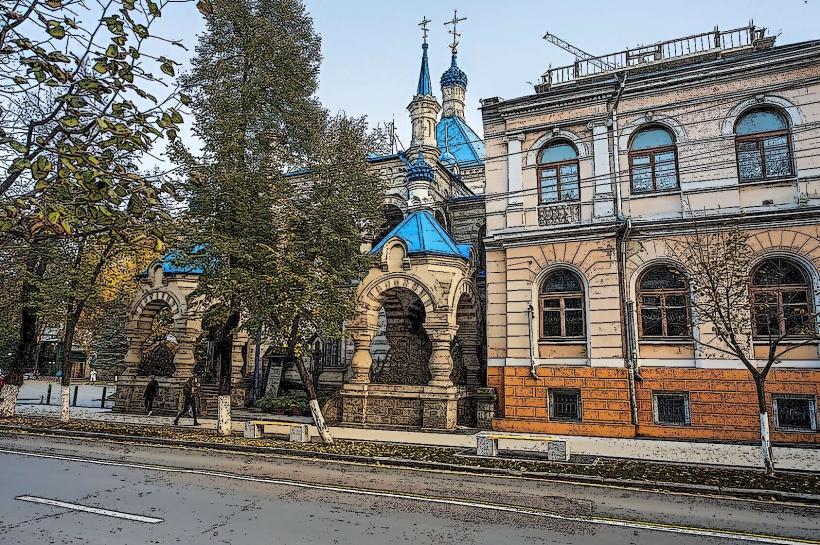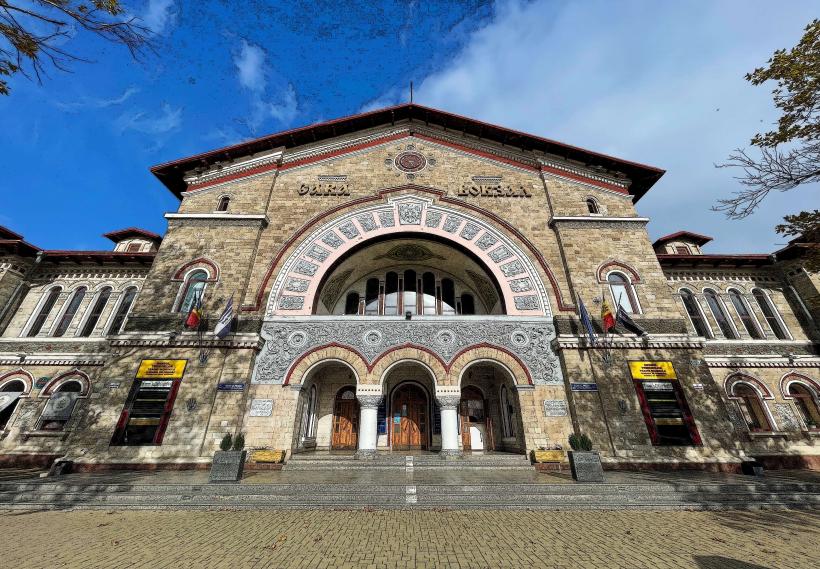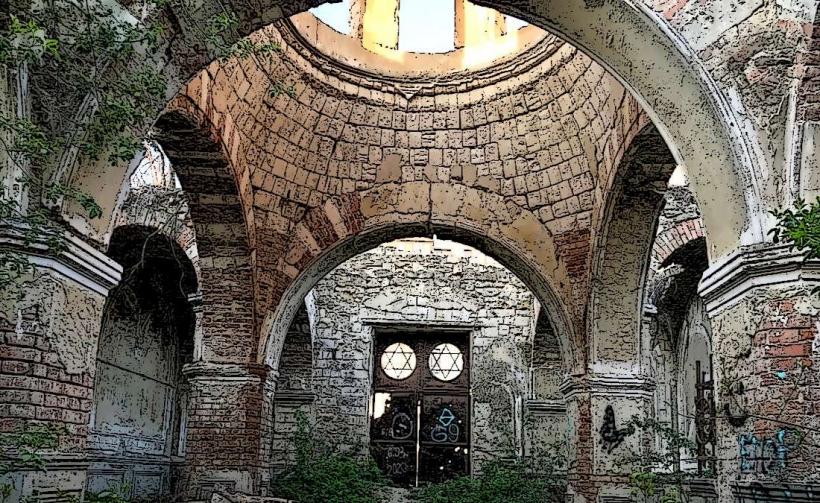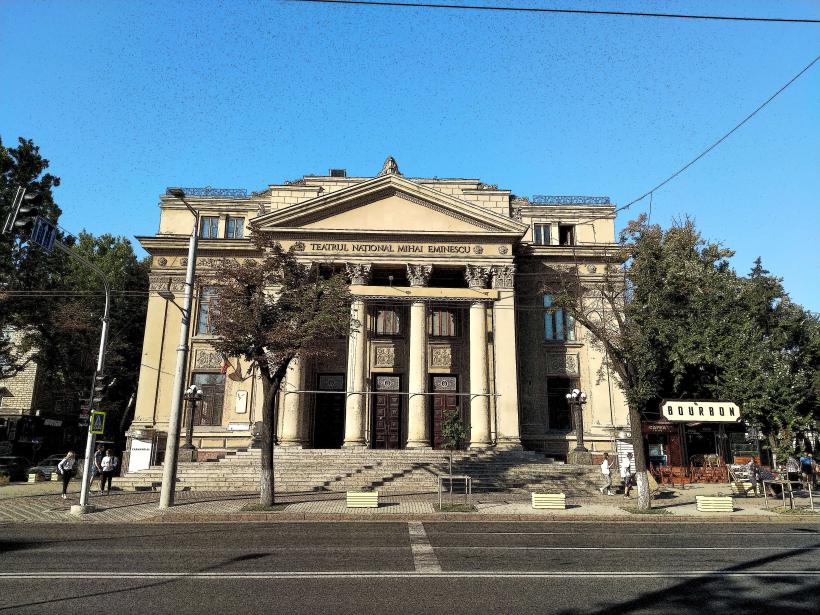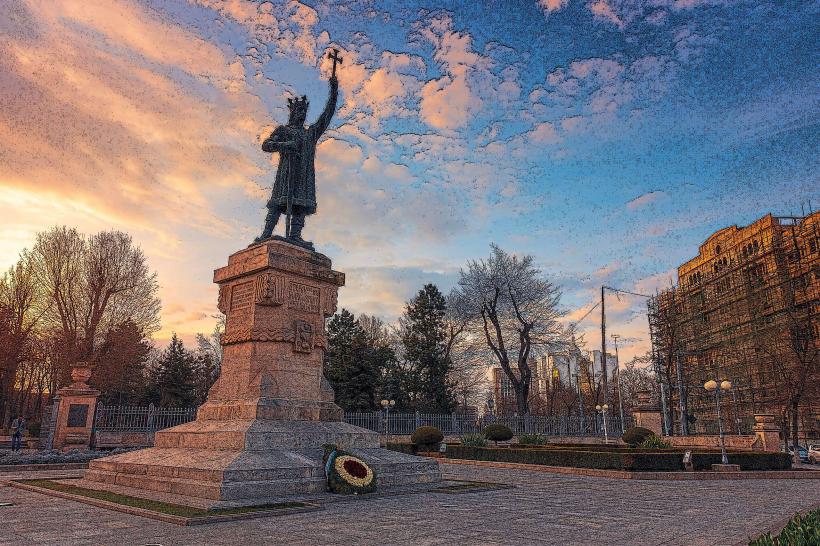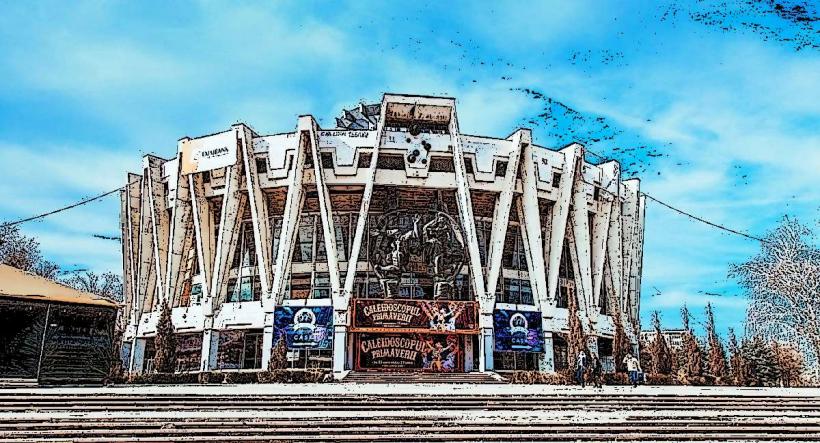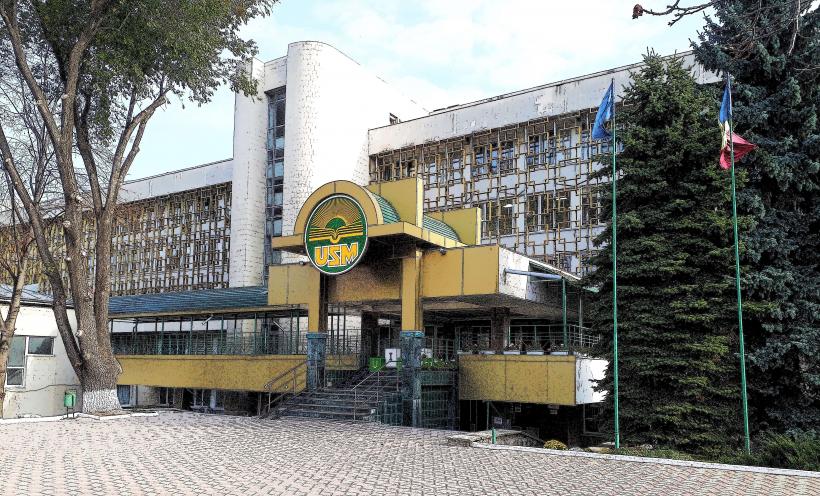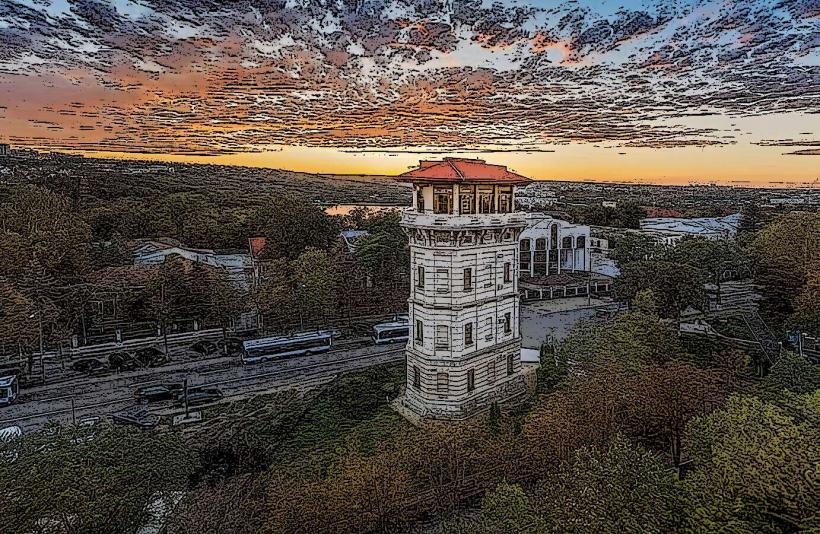Information
City: ChisinauCountry: Moldova
Continent: Europe
Chisinau, Moldova, Europe
Chișinău serves as the capital and largest city of the Republic of Moldova, acting as the nation’s primary economic, cultural, and political center. It is situated on the Bîc River in the central region of the country, surrounded by fertile rolling hills and vineyards.
Historical Timeline
Chișinău was first documented in 1436 as a monastery village. It remained a small town within the Principality of Moldavia until 1812, when it was ceded to the Russian Empire and designated the capital of the newly formed Bessarabia Governorate. Significant eras include the rapid 19th-century expansion under architect Alexander Bernardazzi and the massive post-WWII reconstruction. The primary event shaping the current urban form was the 1940 and 1941 earthquakes and the heavy destruction during WWII, which led to the 1947 "Shchusev Plan." This plan transformed the city into a model Soviet "White Stone City" characterized by wide boulevards, extensive parks, and the use of white limestone (cochilniță) in construction.
Demographics & Population
The population within city limits is approximately 532,000, with a metropolitan area reaching roughly 780,000. The top three ethnic demographics are Moldovan/Romanian (approx. 72%), Russian (approx. 10%), and Ukrainian (approx. 7%). The median age is 38.5 years.
Urban Layout & Key Districts
Chișinău is organized into five administrative sectors:
Centru: The historical and administrative core, containing government buildings, theaters, and the main Cathedral Park.
Rîșcani: A large residential and commercial sector to the north, known for its technical university and parks.
Botanica: The "greenest" sector to the south, home to the Rose Valley Park and the Botanical Garden.
Buiucani: An expanding western sector featuring the Dendrarium Park and Valea Morilor.
Ciocana: Primarily a high-density residential and industrial sector to the east.
Top City Landmarks
Nativity Cathedral & Bell Tower: The primary Orthodox landmark in the central park.
Triumphal Arch (Holy Gates): Built in 1840 to commemorate Russian victory over the Ottomans.
Stephen the Great Monument: Located at the entrance of the eponymous park.
National Museum of Ethnography and Natural History: Housed in a unique Moorish-style building.
Water Tower (Chișinău City Museum): Offering panoramic views of the central district.
Transportation Network
Movement is facilitated by an extensive trolleybus and bus network; there is no Metro or Tram system. Trolleybuses are the primary mode of transit (6 RON per trip). Chisinau International Airport (RMO) serves as the main air hub. Ride-sharing is dominated by Yandex Go and Letz; Uber and Bolt have limited or no availability. Official taxis are often requested via app or phone; tariffs average 4.00–6.00 MDL/km. Traffic density is high on Ștefan cel Mare Boulevard and the bridges connecting the sectors during 08:00–09:30 and 17:00–18:30.
Safety & "Red Zones"
Chișinău is generally safe. Petty theft occurs in crowded markets (Central Market) and on trolleybuses. The Ciocana industrial peripheries and poorly lit areas of Botanica should be approached with caution at night. Common scams include "staged" taxi rates for foreigners-always use an app to ensure fixed pricing.
Digital & Financial Infrastructure
Internet speeds are among the highest in Europe, averaging 180 Mbps with universal fiber-optic availability. Main mobile carriers are Orange and Moldcell. Card acceptance is high in the city center, supermarkets, and malls (MallDova, Zity Mall); cash (Moldovan Leu - MDL) is required for the Central Market and older trolleybuses. ATMs are widely available.
Climate & Air Quality
Temperatures range from -4°C to 1°C in winter (January) and 18°C to 30°C in summer (July). Air quality is moderate; particulate levels rise in winter due to domestic heating and in summer due to dust and vehicle emissions in the central basin.
Culture & Social Norms
The standard tipping rate is 10% in restaurants. Handshakes are the standard greeting. Moldovan/Romanian is the official language, though Russian is widely understood and spoken. Dress code is casual-smart; conservative attire (headscarves for women, no shorts for men) is required when entering Orthodox churches. Public smoking is prohibited in all enclosed public spaces and near transit stops.
Accommodation Zones
Stay in Centru: Recommended for proximity to government offices, museums, and high-end dining.
Stay in Buiucani: Recommended for a quieter stay near the city's best parks (Valea Morilor).
Local Cost Index
1 Espresso: 35 MDL ($1.95)
1 Standard Lunch: 150 MDL ($8.35)
1 Trolleybus Ticket: 6 MDL ($0.33)
Nearby Day Trips
Cricova or Mileștii Mici Winery: 15–20 km; featuring the world's largest underground wine cellars.
Orheiul Vechi: 55 km; a cave monastery complex and archaeological site.
Tiraspol (Transnistria): 75 km; requires a separate "migration" entry but is accessible via bus.
Facts & Legends
A verified historical oddity is that the underground galleries of the Mileștii Mici winery hold the Guinness World Record for the largest wine collection by number of bottles (over 1.5 million). Local legend suggests that the city was founded near a spring (Chișinău translates to "new source") that possessed healing properties, and that the modern-day Pushkin Hill sits atop a network of 19th-century catacombs used for secret political meetings.

